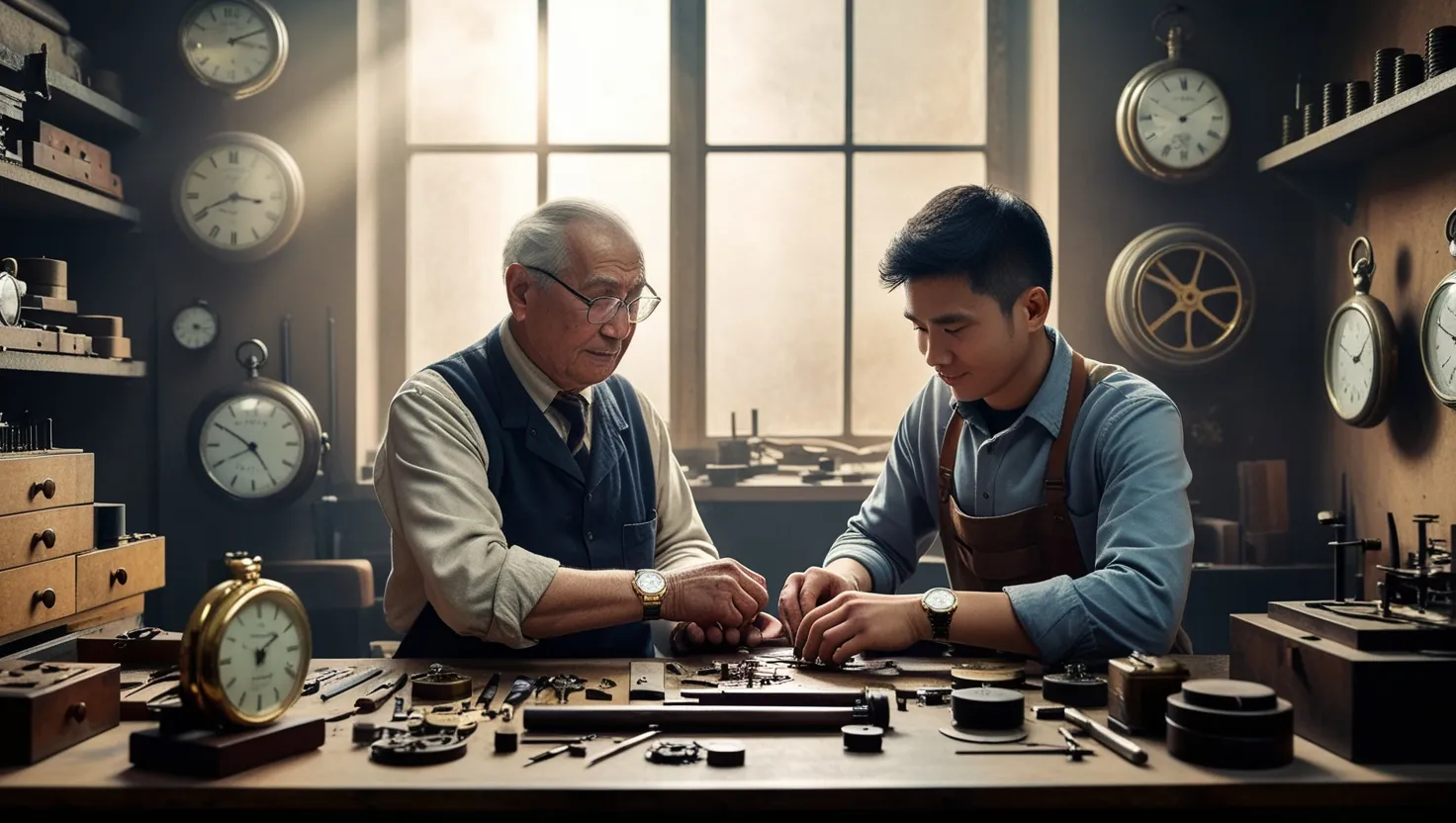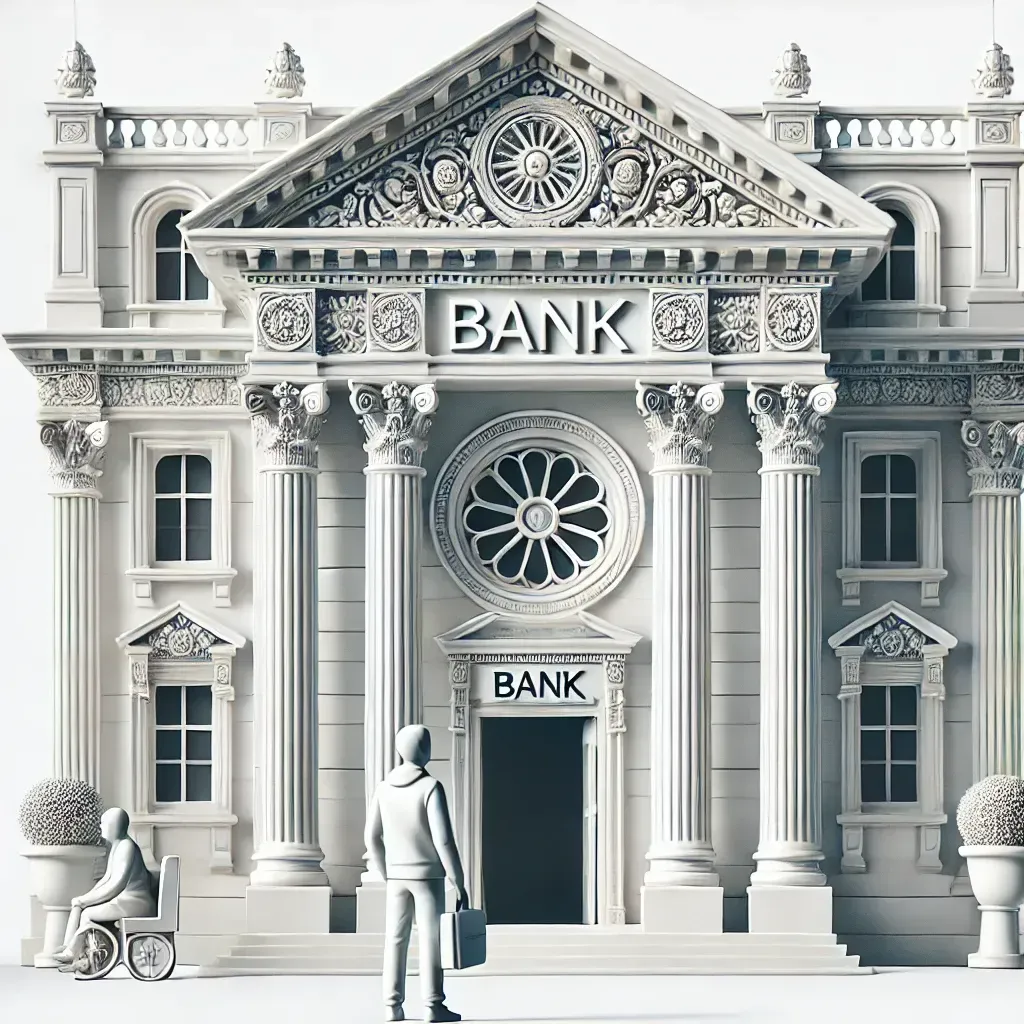Imagine a world where time is not just a number on a screen but a tangible, intricate dance of gears and springs. This is the world I found myself in after losing my tech job, a world my grandfather, a retired watchmaker, introduced me to. What began as a way to fill my days turned into a profound journey of rediscovery, patience, and the art of seeing value in what others might discard.
When I first walked into his workshop, the air was thick with the scent of oil and metal. Shelves lined with tiny tools and drawers filled with minuscule parts greeted me. My grandfather, with his steady hands and twinkling eyes, handed me a broken pocket watch. “Let’s see what you can do,” he said, his voice calm but challenging. I felt overwhelmed, but his confidence in me was palpable.
The first lesson was about opportunity cost. In my previous job, I was accustomed to quick results and immediate gratification. But here, every decision mattered. If I chose to fix one part of the watch, I had to consider what else I could be doing with that time. My grandfather explained that every moment spent on one task meant another task had to wait. It was a simple concept, but it shifted how I thought about my time and energy.
Patience became my greatest teacher. In the tech world, speed was celebrated. But in the workshop, rushing only led to mistakes. My grandfather would often say, “A watch is not just a machine; it’s a story.” Each piece had its history, its quirks, and its challenges. To fix it, I had to listen, to understand its rhythm, and to respect its past. This respect for the process taught me to slow down and appreciate the journey, not just the destination.
One day, as we worked on an old wristwatch, my grandfather shared a story about long-term investment. He told me about a man who had brought in a broken watch decades ago, saying he would return to pick it up when he could afford the repair. Years later, the man returned, and the watch was still there, waiting. It was a testament to the value of patience and commitment. “Some things are worth waiting for,” my grandfather said, his eyes reflecting years of wisdom.
The workshop became a sanctuary of thought and reflection. As I learned to repair watches, I also began to repair parts of myself that had been neglected in the rush of my previous career. The precision required in watchmaking mirrored the precision needed in life. Every tiny screw had to be in the right place, just as every decision and action needed careful consideration.
My grandfather’s teachings went beyond the technical skills of watchmaking. He showed me how to see potential in the broken and the forgotten. A shattered watch face could be replaced, a rusty spring could be cleaned, and a stopped watch could be brought back to life. It was a metaphor for life itself—how challenges could be opportunities for growth and transformation.
One of the most profound lessons was about the passage of time. In the workshop, time was not something to be measured in minutes or hours but in the steady progress of a project. A watch that took days to repair was not a failure but a testament to dedication and care. My grandfather often reminded me, “Time is not your enemy; it’s your ally.”
As our work continued, I began to see the parallels between watchmaking and life. The intricate movements of a watch were like the complexities of our own lives, each part connected and dependent on the others. If one piece was out of sync, the entire system could falter. It was a reminder to pay attention to the details and to nurture every aspect of life with care.
My grandfather’s workshop became a place of healing and growth, not just for the watches we repaired but for me as well. It was a reminder that in a world obsessed with speed and efficiency, there is immense value in slowing down, in taking the time to understand and appreciate the beauty of the process.
“Time is the most valuable thing a man can spend,” my grandfather once quoted from Theophrastus. In the workshop, I learned just how true this was. Time spent with him, learning from his wisdom and experience, was time well invested. It was a reminder that sometimes, the greatest treasures are found in the moments we take to pause, reflect, and connect.
So, what does it mean to truly value time? Is it about the seconds ticking away on a clock, or is it about the moments we create and the lessons we learn along the way? In the workshop, I found my answer. Time is not just a measure of moments but a canvas for growth, connection, and the enduring legacy of those who teach us to see its true worth.






